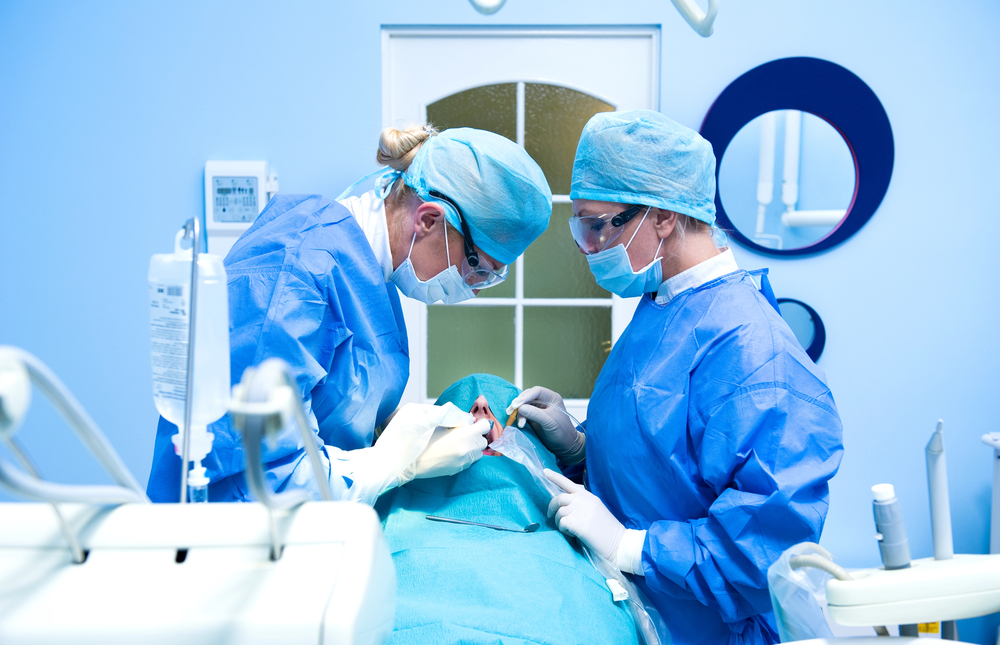In moments of medical crisis, the first instinct is often to head straight to the nearest hospital. However, what if the emergency isn’t the kind that typically comes to mind—like a broken bone or a sudden illness? What if it’s a dental emergency, for instance? Emergency surgery doesn’t always fit neatly into the hospital setting, and patients may find themselves seeking care in unexpected places. This raises the question: Besides hospitals, where else can you turn for emergency surgery?
One often-overlooked option is the emergency dentist. While we typically associate dentists with routine cleanings and cavity fillings, they are also equipped to handle urgent dental issues that require immediate attention. Picture this scenario: It’s the weekend, and you’re enjoying a family barbecue when suddenly, a sharp pain shoots through your jaw. You suspect it’s a dental emergency, but the local hospital’s emergency room seems like overkill. This is where an emergency dentist can save the day.
Contrary to popular belief, an emergency dentist can be found even in small towns. Many dental practices have protocols in place to handle urgent cases outside of regular business hours. Whether it’s a severe toothache, a knocked-out tooth, or a dental abscess, these professionals are trained to provide prompt relief and necessary treatment. By seeking help from an emergency dentist, patients can avoid the long waits and high costs often associated with emergency room visits.
Moreover, patients have expectations, even more so in a crisis. When faced with a medical emergency, whether it’s dental or otherwise, individuals want swift and effective care. The traditional hospital setting may not always meet these expectations, especially for non-life-threatening issues. Emergency dentists, on the other hand, specialize in providing rapid relief for dental emergencies, ensuring that patients receive the attention they need when they need it most.
But what about emergencies that fall outside the realm of traditional medicine and dentistry? In recent years, alternative options have emerged to fill the gaps in emergency care. One such example is the rise of urgent care centers. These facilities offer a middle ground between primary care physicians and hospital emergency rooms, providing timely treatment for a wide range of non-life-threatening conditions, including minor injuries and illnesses.
Urgent care centers are becoming increasingly popular for their convenience and accessibility. With extended hours and walk-in appointments, they offer flexibility that traditional healthcare settings often lack. Patients can receive prompt attention for their urgent medical needs without the hassle of scheduling appointments or enduring long waits in the emergency room.
Another alternative worth considering is telemedicine. In today’s digital age, virtual consultations have become commonplace, allowing patients to connect with healthcare providers from the comfort of their own homes. While telemedicine may not be suitable for all emergencies, it can be a convenient option for minor issues that do not require in-person care. From rashes to respiratory infections, many common ailments can be diagnosed and treated remotely, saving patients time and hassle.
Of course, in certain situations, hospitals remain the best option for emergency surgery. For life-threatening conditions or severe injuries, immediate access to advanced medical care is essential. However, for less urgent issues like dental emergencies or minor injuries, exploring alternative options can lead to faster and more efficient treatment.
In conclusion, when faced with a medical emergency, it’s essential to consider all available options for care. While hospitals may be the go-to choice for many situations, they are not the only solution. Emergency dentists, urgent care centers, and telemedicine offer alternative avenues for receiving timely treatment, especially for non-life-threatening conditions. By knowing where else to turn in a crisis, patients can ensure they receive the care they need, when they need it.

